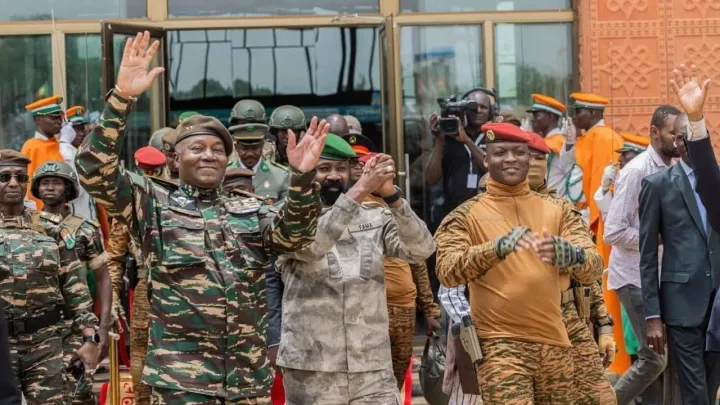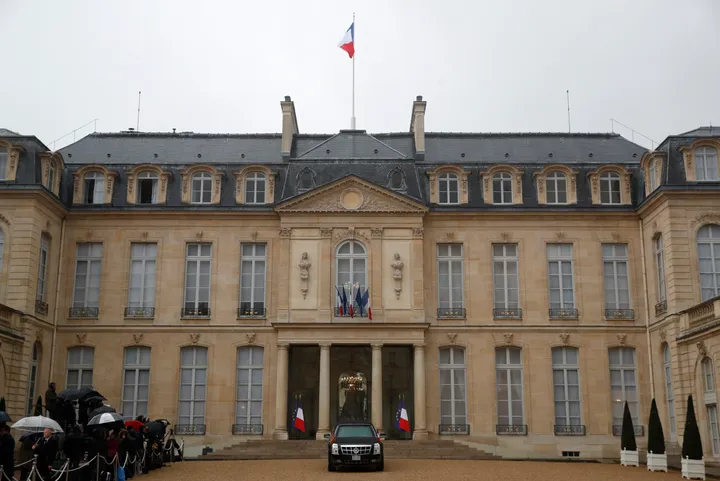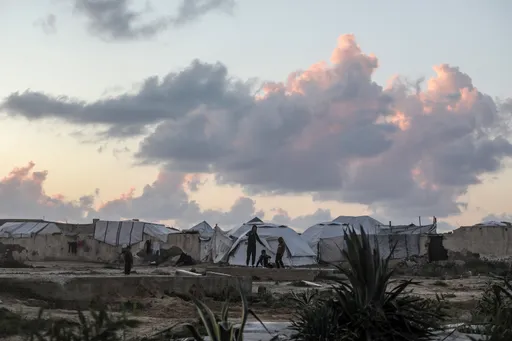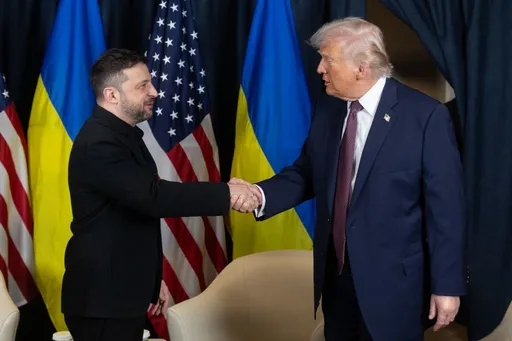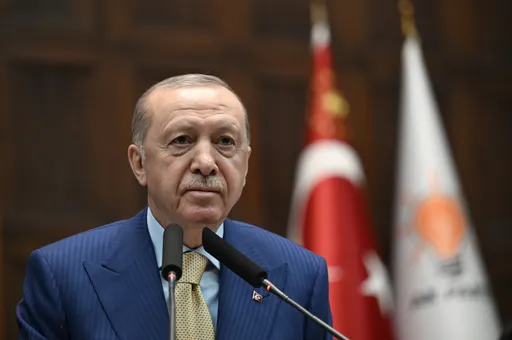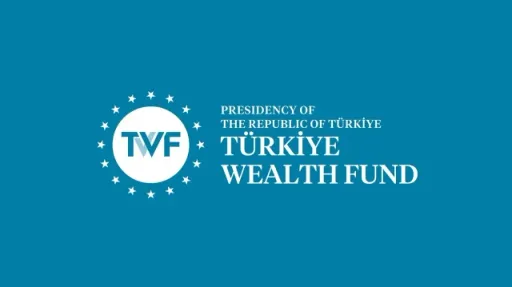The US and Iran’s brinkmanship has left Arabian Peninsula monarchies nervous about a dangerous conflict erupting in the Gulf. Despite the United Arab Emirates (UAE) lending strong support to, and lobbying for, the Trump administration’s so-called “maximum pressure” campaign against the Islamic Republic, there are now signs that Abu Dhabi is revisiting some of its tactics for dealing with the alleged Iranian threat.
Abu Dhabi’s modest diplomatic outreach to Iran last month—coupled with the UAE’s partial withdrawal from the war in Yemen and the country’s efforts to de-escalate tensions by not blaming Tehran for the May 12 tanker blasts in the Sea of Oman—underscore how some repositioning and adjusting is underway in Emirati foreign policy.
At the heart of such shifts are Abu Dhabi’s concerns that a general war with Iran may erupt. Such a nightmarish scenario would inevitably come with economic and geopolitical consequences that would severely harm the UAE’s vital security and financial interests.
As Stratfor’s Ryan Bohl expertly explained, “An expatriate exodus could happen with few Iranian rockets... The Europeans and Americans working [in the UAE] would be the first to flee and that would cripple financial services and real estate.”
With respect to Yemen, there is a growing understanding among Emirati policymakers that continued direct military intervention in the war-torn country would come with costs that outweigh the benefits.
Given that Abu Dhabi has trained roughly 90,000 fighters in southern Yemen, who are allied with the UAE and aligned with its interests (at least for the time being), the Emirati leadership is not abandoning its goals in southern Yemen. Rather, the UAE will pursue its objectives in south Yemen with different strategies that lower the Arab Gulf country’s profile in the Yemeni conflict.
Determined to cool, rather than escalate, tensions with Iran, the UAE appears to be shifting away from the White House’s agenda, at least in some respects. That said, Abu Dhabi still views Iran as an enormous threat and will continue supporting Washington’s efforts to push back against Tehran.
The Islamic Republic regime’s ideology, Tehran’s sponsorship of various Shia/Zaidi non-state actors in Iraq, Lebanon, Yemen, among other countries, Iran’s ballistic missile activity and nuclear program remain grave menaces from Abu Dhabi’s perspective. But the Middle East is a vast, nuanced and diverse region, and it is not merely divided between Arab states that are pro- and anti-Iran despite the Trump administration’s oversimplified understanding of the Arab world.
Notwithstanding a common perception that some Arab Gulf capitals—chiefly Abu Dhabi, plus Riyadh and Manama—in addition to Israel are pushing the Trump administration toward a war with Iran, this changing of course on the UAE’s part tells a different story.
Put simply, Abu Dhabi, and especially Dubai, never wanted to see the US instigate a military conflict with Iran. Instead, the UAE’s leadership desire an assertive foreign policy from the US leadership that would weaken, isolate, and intimidate Tehran albeit without triggering an immensely destructive war which would almost inevitably make the Emirates a target for Iran.
The sabotage against tankers off the UAE’s east coast in May highlighted how risky Trump’s “maximum pressure” campaign has been from the standpoint of Emirati interests. Now the UAE wants to make clear its intention to avoid being a springboard for American actions that would increase the Emirates’ vulnerability to Iranian retaliation.
Unquestionably, the UAE’s redirection of foreign policy should be welcomed because it highlights Crown Prince Mohammed bin Zayed (MBZ)’s realisation that Iran—and not the United States—is a permanent neighbour that all Arab Gulf states must live next to forever. Although Tehran and Abu Dhabi will likely remain rivals for the foreseeable future, MBZ is wise to accept that it serves his country’s interests to stake out new strategies for dealing with the reality of Iran’s role in the Middle East.
At this juncture, Abu Dhabi is determined to embrace a less risky foreign policy that can effectively reduce the possibility of the Emirates suffering devastating consequences of, what would be, the fourth Persian Gulf war since 1980.
With the UAE’s leadership testing the diplomatic waters with Tehran to facilitate dialogue with the Iranians, there is an opportunity for the White House to follow suit and embrace a less aggressive and more pragmatic approach to dealing with the Islamic Republic.
However, what remains to be seen is how the US administration reacts to Abu Dhabi revisiting its foreign policy. It is unclear whether the White House will begin viewing the UAE as a ‘weak link’ among Washington’s Middle Eastern allies, or possibly follow MBZ’s path of making foreign policy adjustments to minimise the risks of a full-scale war erupting with Iran.
Regardless, it would behoove the Trump administration to take stock of the UAE’s shift in tactics and realise that some member-states of the Gulf Cooperation Council sharing the Trump administration’s view of Iran as a predatory state does not necessarily mean that they will ignore their unique national interests just to continue indefinitely toeing the line for the White House’s “maximum pressure” campaign.


